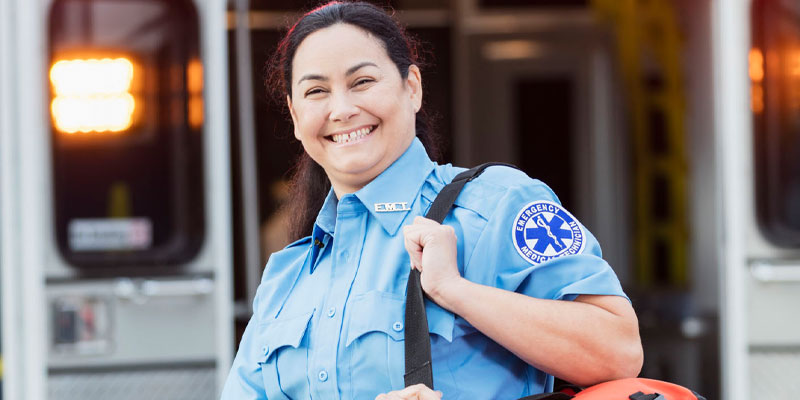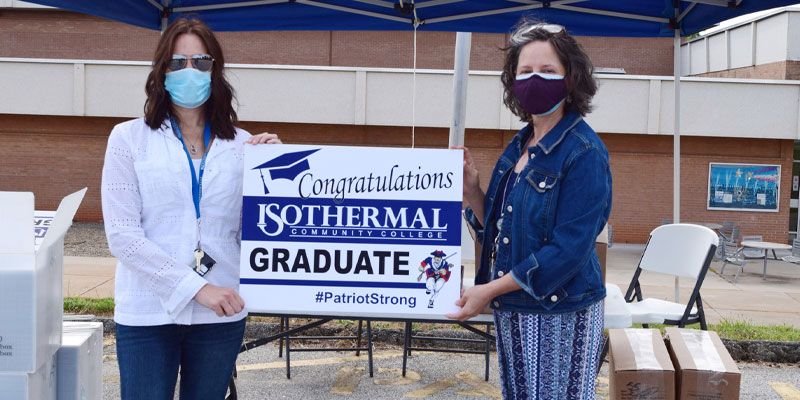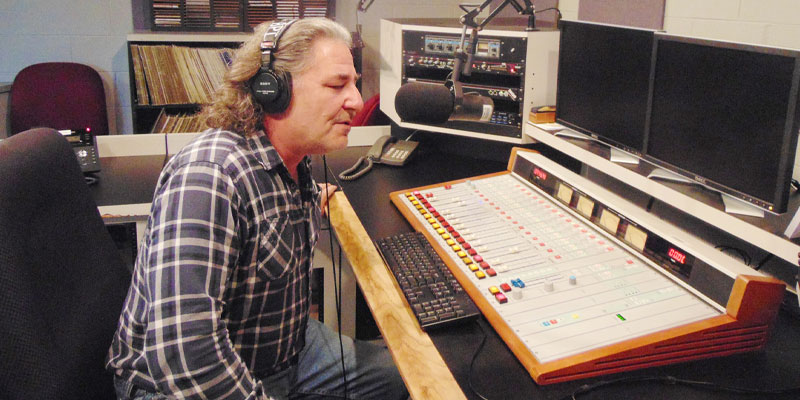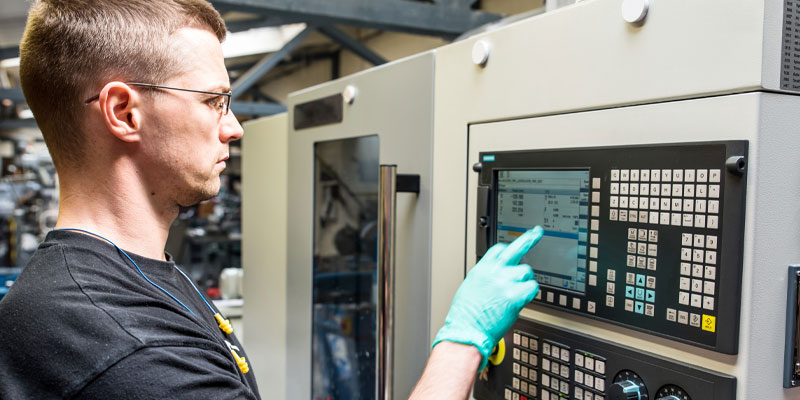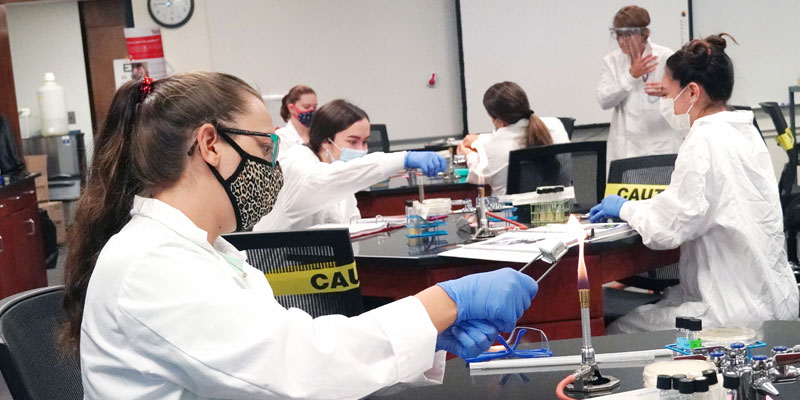
Want to know a secret? More than 47% of college students in the United States now attend two-year colleges. These schools are becoming increasingly popular for students with all kinds of goals.
Okay, so that’s not really such a big secret. But you might be surprised to learn just how much two-year colleges have to offer prospective students. Everybody knows that two-year colleges are less expensive than four-year schools. But there is much more to the two-year college story. Here’s a look at some of the “best kept secrets” of America’s dynamic two-year schools.
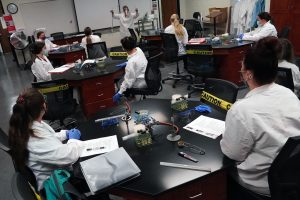 Top Notch Instructors
Top Notch Instructors
Some people assume that because it costs less to attend a community or technical college, students must settle for a second-rate educational experience.
What they often find out when they enroll is the secret of quality. Community colleges have top-notch instructors who devote most of their time to teaching and to helping students achieve their goals. In fact, community and technical college faculty members have excellent credentials. Those who teach in transfer programs typically have at least a master’s degree and many hold doctorates. Many also have real-life experiences in the fields in which they teach, special certifications, or both. An important factor is that those who teach in two-year colleges tend to regard themselves as professional teachers rather than researchers. They thrive on direct contact with students and focus their energies on the classroom experience.
Personal Attention
Two-year colleges come in all sizes, from small rural schools to large urban colleges that dwarf some universities. But a common denominator in virtually all of them is a commitment to limiting class size. Small classes in community colleges mean a better professor-to-student ratio. The smaller classes help students get more involved, and student involvement is shown to be an important factor in overall success. Personal attention at Isothermal also comes in the form of an academic advisor who works with you throughout your experience – helping you plan your class schedule, linking you up with resources, and following up on your academic progress. This consistent guidance adds to students’ confidence levels.
Diversity
We understand that every student brings a unique background and dream to their education. ICC seeks to provide students with all the support they need to be successful. For current military and veterans taking classes, ICC has a Veteran’s Services coordinator committed to helping those students make a successful transition to college and giving assistance with procuring education benefits through the Department of Veterans Affairs. The college also employs Disabilities Resources staff to work with students with disabilities. For students needing academic help, ICC offers a wide range of tutoring, help with time management and study skills, referrals to community resources, and more.
Social Advantages
There’s more to college than classrooms and textbooks. To the contrary, community and technical college students can participate in activities such as intramurals, student government, student activities, theater activities, music performance groups, and other activities. Isothermal has dozens of different student clubs and organizations. By getting involved in clubs and other activities, you can really expand yourself.
Transfer Advice
For many students, attending a community college is the first step in earning a four-year degree or higher. Isothermal has transfer agreements with many private institutions and all public universities within the UNC System. ICC has established many articulation agreements with four-year universities that create direct pathways for easy transfer. These agreements include every university in North Carolina’s UNC System.
Flexibility
Perhaps the greatest strength of two-year colleges is their flexibility. Want to work during the day and attend school at night? Isothermal’s distance learning options include extensive evening programs, and some have weekend offerings. In addition, distance learning options include on-line courses and others that can be taken on an individualized basis. Interested in transferring? You can complete a year or two of studies at a fraction of the cost of a four-year school, and then transfer to a university. Want to avoid four-year colleges? Programs that take only a year or two to complete can prepare you for a great job in any of dozens of career areas. Whatever your goals, a two-year college can probably help you get there. Just don’t be surprised at all the options available to you.
Six Keys to Succeeding in College
- Start early. Perhaps the best way to prepare for success in college is to get started as early as possible with processes such as applying for aid and selecting the right courses.
- Plan ahead. To avoid stress and manage your workload, plan ahead for all of your assignments. Get a course syllabus (or outline) for each course, and read it carefully. There you will find the instructor’s expectations as well as a schedule for major assignments.
- Connect with other students. This student could be someone with whom you
could study, share emails, or phone in emergencies. - Choose COURSES carefully. Nothing can cause you more problems than getting overwhelmed by a course for which you are not prepared. Pay close attention to descriptions and consult your advisor before registering each term.
- Seek help. We all need help from time to time. If you need advice with academic or personal matters, take time to talk with the support professionals who are available at every college to help students. If you have trouble with a class, go to your professor. Also check out tutoring services or computerized study aids.
- Do the work. It may sound simple, but an essential factor in college success is completing all assignments. Unfortunately, we try to get by without reading everything that has been assigned or otherwise scrimping on coursework. If you do everything that is asked of you, the odds of success will be in your favor.
For more information, visit www.isothermal.edu



